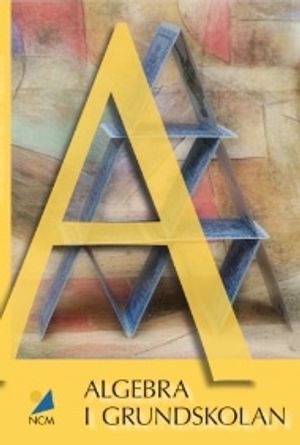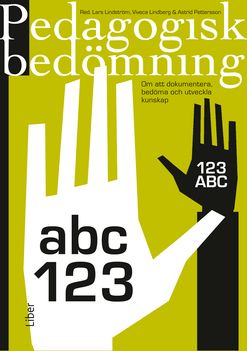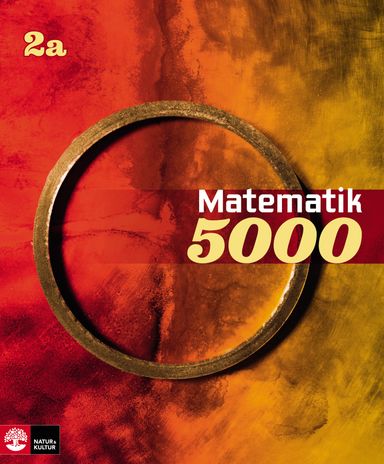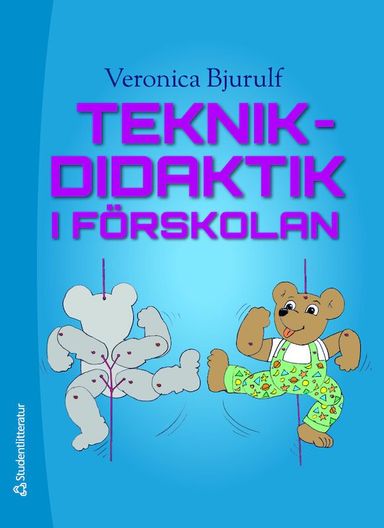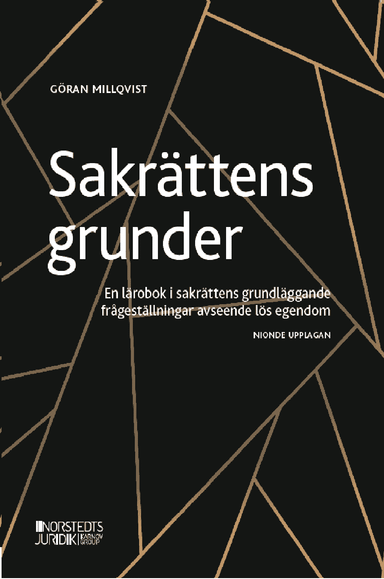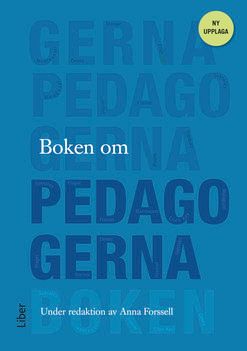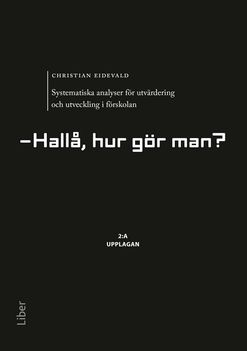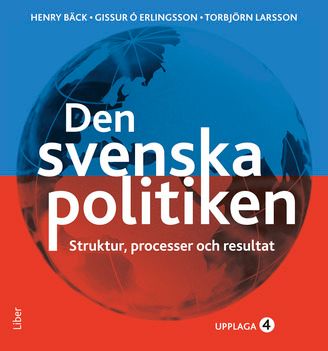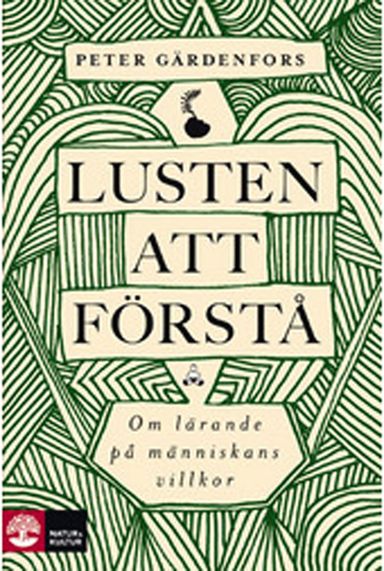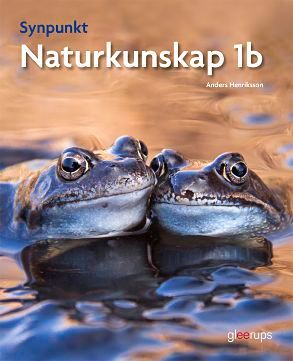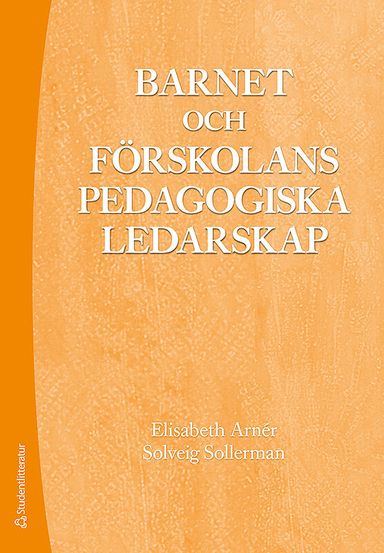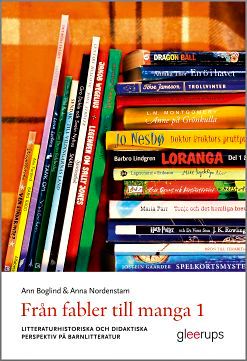

Making words in English Upplaga 1
- Upplaga: 1a upplagan
- Utgiven: 2003
- ISBN: 9789144024813
- Sidor: 207 st
- Förlag: Studentlitteratur AB
- Format: E-bok
- Språk: Svenska
Om boken
This book is an introduction to modern English word-formation. Using examples from recent texts in fiction, newspapers and other media, the author discusses both regular word-formation types—like prefixation, suffixation, compounding, conversion and neo-classical compounding—and less regular ones like abbreviations and acronyms, clippings, backformation, blends, reduplicative compounds and rhyming slang.
Attention is also drawn to some of the theoretical issues that arise in connection with a description of English word-formation and the way it interfaces with vocabulary and syntax.
All but one of the chapters conclude with exercises involving key issues raised in the text. The final section of the book discusses possible answers to most of the questions.
The book is primarily intended as a textbook for university students of English with little or no previous experience of linguistics. However, it should also be rewarding reading for anyone interested in the vocabulary of today’s English.
Åtkomstkoder och digitalt tilläggsmaterial garanteras inte med begagnade böcker
Mer om Making words in English (2003)
I augusti 2003 släpptes boken Making words in English skriven av Magnus Ljung. Det är den 1a upplagan av kursboken. Den är skriven på svenska och består av 207 sidor djupgående information om språk. Förlaget bakom boken är Studentlitteratur AB som har sitt säte i Lund.
Köp boken Making words in English på Studentapan och spara pengar.
Tillhör kategorierna
Referera till Making words in English (Upplaga 1)
Harvard
Ljung, M. (2003). Making words in English. 1:a uppl. Studentlitteratur AB.
Oxford
Ljung, Magnus, Making words in English, 1 uppl. (Studentlitteratur AB, 2003).
APA
Ljung, M. (2003). Making words in English (1:a uppl.). Studentlitteratur AB.
Vancouver
Ljung M. Making words in English. 1:a uppl. Studentlitteratur AB; 2003.





